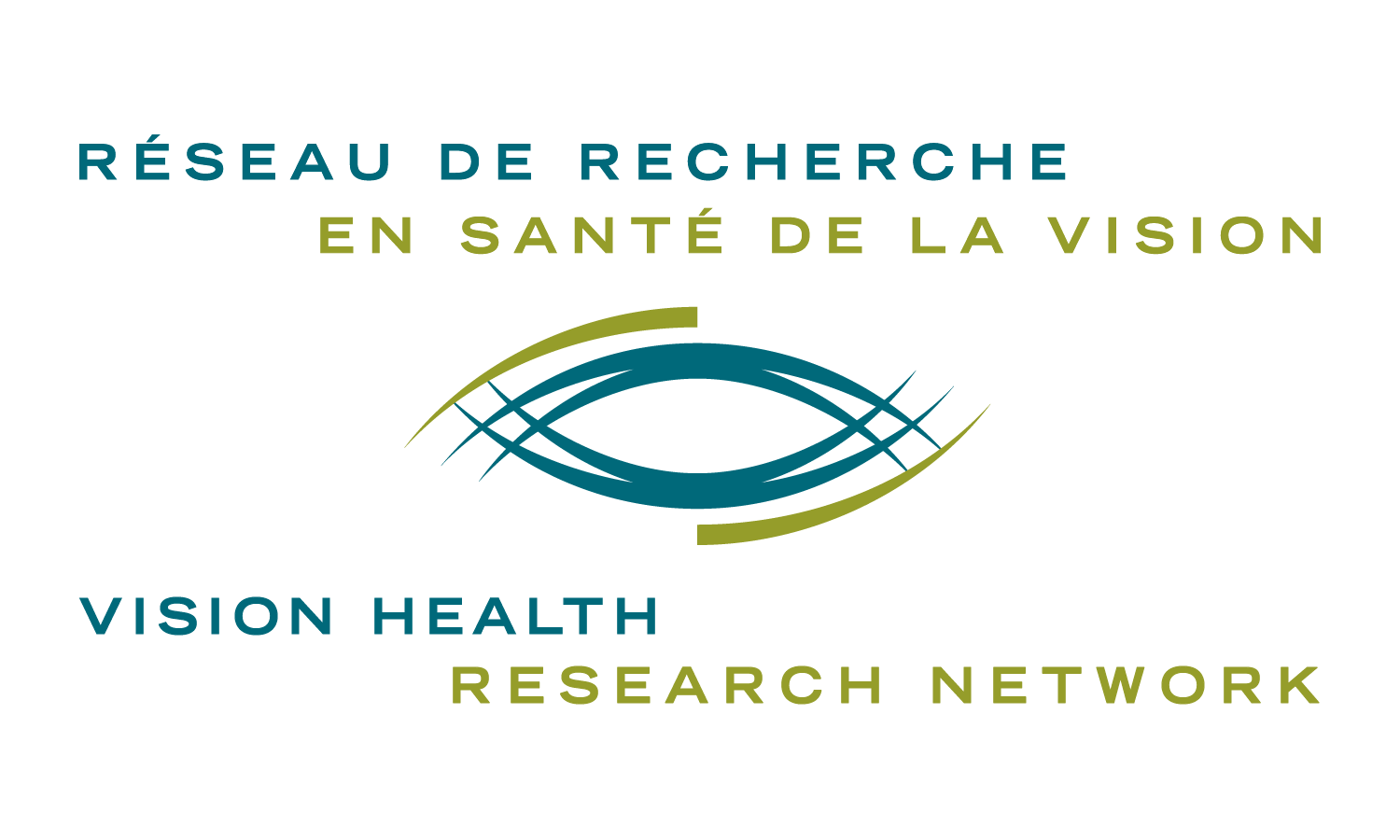Biographie / Biography
Dr. Ivan Radovanovic joined the Toronto Western Hospital as of January 2013. Dr. Radovanovic obtained his medical degree and began neurosurgery residency training at the University of Geneva, Switzerland in 1998. In 2002, he completed a diploma in molecular biology and genetics from the University of Zurich, and in 2003 he completed the equivalent of a PhD at the Institute of Neuropathology at the University of Zurich. He subsequently resumed residency training at Geneva University Hospitals, graduating from the program in 2007. In 2008, Dr. Radovanovic joined Toronto Western Hospital as a clinical fellow in neuro-oncology/skull base surgery and then also completed a clinical fellowship in cerebrovascular surgery. Between 2010-2011, Dr. Radovanovic was staff neurosurgeon at Geneva University Hospitals, Department of Clinical Neurosciences, Division of Neurosurgery. In 2013, he was recruited to the Division of Neurosurgery with a staff appointment at Toronto Western Hospital. He is currently an Assistant Professor in the Department of Surgery at The University of Toronto. His research is focused on the surgical management of ruptured and unruptured aneurysms, AVMs and dural arteriovenous fistulae, using minimally invasive techniques such as supraorbital and lateral supraorbital craniotomies. His research laboratory is within the Toronto Western Research Institute and focuses on the developmental signaling and genetics of cerebral arteriovenous malformations and brain tumors.
Presentation
Brain arteriovenous malformations: genetic origin, signaling and potential therapies
Ivan Radovanovic, MD, PhD, FMH
We will review our recent findings of somatic mutations in endothelial cells as a causal event in brain arteriovenous malformation as well as the consequent dysregulation of downstream signaling pathways. We also compare the gene expression in brain AVM endothelial cells with normal adult and developing vasculature at the single cell level. Finally, we will talk about current animal models and potential targeted therapies in brain AVMs.


